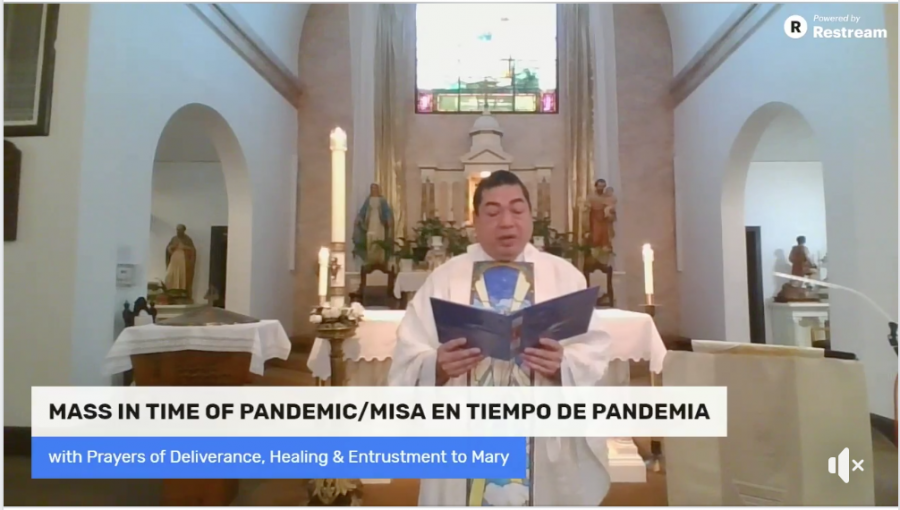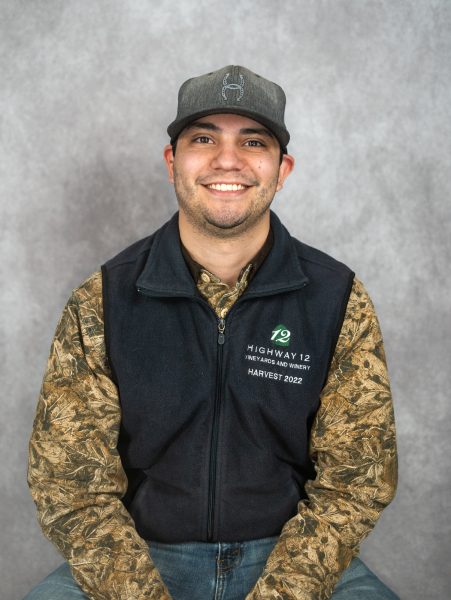It’s a quiet church with empty pews.
Father Alvin Villaruel sets up his laptop camera and lights with the help of his aide. He logs into Facebook and starts the stream. It is time for Mass to begin.
This is the new normal for many priests, pastors, rabbis, imams and other religious leaders around the world.
The faith of many have been shaken as the coronavirus has effectively seized all religious gatherings, leaving many here in Sonoma Valley hungry for comfort of the soul.
Villaruel, pastor at St. Francis Solano Catholic Church in Sonoma, is one of many priests adapting to the reality of hosting virtual mass.
There were some hiccups along the way in Villaruel’s plans to go virtual as connecting to the internet was an early problem. “I was first using my own phone as a hotspot for my laptop to broadcast out, but it was very weak, and then finally I prayed. I prayed on Facebook saying, ‘I hope we get a good signal for the next Mass, and one of the parishioners responded and loaned his personal wifi hotspot device. And it’s been great ever since!”
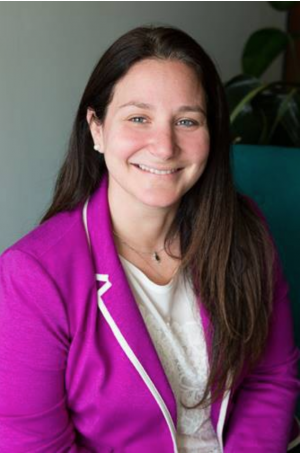
Rabbi Stephanie Kramer of Congregation Shomrei Torah in Santa Rosa said her congregation was ready for this switch from in-person to virtual services long before the coronavirus hit the United States. “We adapted streaming services from a service called StreamSpot long ago so that our older members could still celebrate our services from the comfort of their homes, and when we were not able to go in physically because of the shelter-in-place order, we were ready to go completely virtual from the start.”
Villaruel, however, struggled from the beginning and said he had “a sense of deep longing for the congregation after having to close our doors.”
He found inspiration from a New York woman whose mother lives in Sonoma and wanted her mother to be able to attend mass virtually. However, she was not able to on her own, so they found a way to use her iPhone’s Facetime app so she could attend Mass.
“She was my inspiration to go virtual and to keep going for the many who wanted to listen to the Gospel,” he said.
The pandemic also had a massive impact on one of the most sacred masses of the Christian faith, Easter Sunday. “There was immense sadness holding Easter Mass in an empty church virtually, but I did not dwell on it for long as the message of Easter is hope,” Villaruel said.
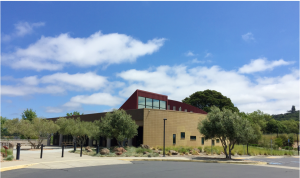
Kramer had a similar feeling when she described celebrating the Jewish holiday of Passover during the shelter in place. “On one hand, it opened up the opportunity to Zoom call my family from across the nation, when usually during this time we put most of our electronics away,” she said. “This year we had them out for our Seder. I’ve never had a Passover Seder with just my immediate family. It has always been with family and friends from the community.”
Her congregation, along with many others, will look to the governor and local officials as to when to reopen their synagogues. “In Judaism, one of the highest commandments would be the preservation of life above everything else.”
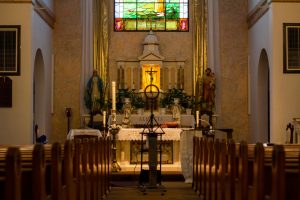
Villaruel hopes the virus will be under control by late summer so services can return to normal. He and other Catholic pastors will look to their Bishops for guidance on when to reopen their churches, and he expects that reopening will mean hosting more masses with fewer members present to alleviate crowding.
“I believe people are longing for hope now more than ever,” he said. “I have had numerous parishioners who wrote in by mail or email longing for the Eucharist and for the Gospel now more than ever.”
Religion is important in times of uncertainty. “When there are so many unknowns and everything is so scary, we remember to look into ourselves and into our faith,” Kramer said. “People are longing to be with one another, but we must do our part as a community to flatten the curve.”


